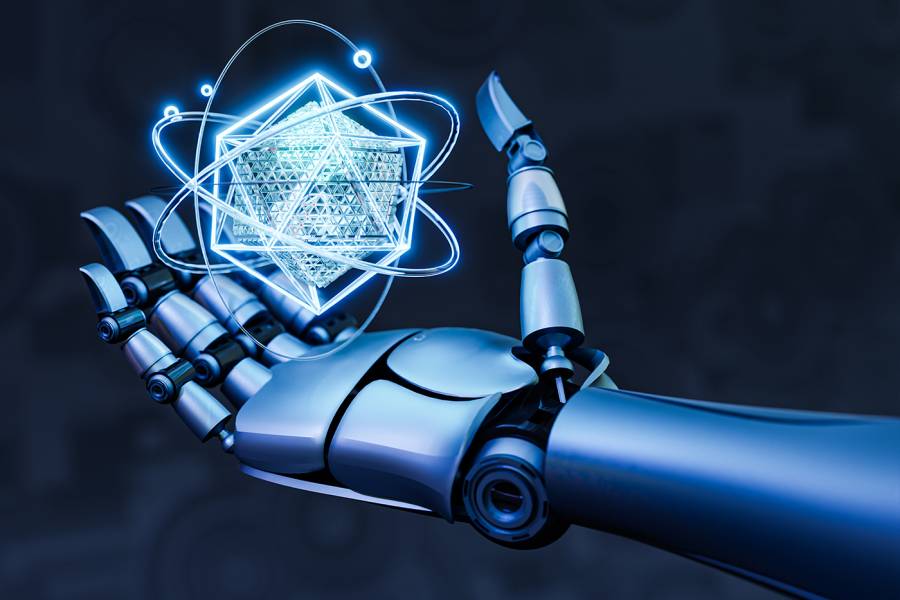Cybersecurity has become one of the most urgent and complex challenges of our time, with increasingly sophisticated threats endangering the security of information and sensitive data. In 2024, the response to this growing threat is the integration of Artificial Intelligence (AI) into cybersecurity strategies, leading to innovative and successful solutions.
AI is rapidly emerging as a powerful ally in protecting networks, systems, and data. The new perspectives in the field of cybersecurity for 2024 anticipate a significant increase in the adoption of AI-based solutions to prevent, detect, and respond to cyber threats.
A concrete example of this innovation is the use of AI to analyze user behavior within a corporate network. For instance, if an employee typically accesses company data only during working hours, AI can detect unusual late-night access and flag it as suspicious behavior. This allows administrators to take preventive actions before an attack can cause damage.
AI has enabled more effective identification of advanced threats like "zero-day" attacks. By utilizing machine learning algorithms, security solutions can detect anomalous patterns in traffic flows and halt attacks before they inflict significant damage.
Another successful example is the automation of responses to cyber threats. An AI-based security system can detect an ongoing DDoS attack and automatically activate countermeasures to mitigate the attack. This may include limiting malicious traffic or redirecting it through mitigation servers.
AI-based solutions have been successfully used for vulnerability analysis. AI-driven vulnerability scanners conduct comprehensive scans of IT infrastructures to identify potential vulnerabilities. Security solutions can then automate the remediation of these vulnerabilities or provide recommendations to administrators for resolution.
In 2024, AI has been employed to monitor and protect IoT devices within corporate networks. AI can identify abnormal behaviors in connected devices, signaling potential security threats. This protection is crucial considering the widespread adoption of connected devices in everyday life.
One of the successful solutions has been the integration of blockchain technology into cybersecurity. Blockchain ensures the integrity of access logs and transaction records, preventing data manipulation and making it more difficult for attackers to tamper with sensitive information.
AI-based solutions have been capable of analyzing network traffic in real-time to identify emerging threats. This real-time detection and response capability have been crucial in preventing attacks and safeguarding corporate networks.
In conclusion, in 2024, Artificial Intelligence is revolutionizing cybersecurity with innovative and successful solutions. However, challenges and ethical considerations, such as data privacy and responsible AI usage, must be addressed. With proper governance and ongoing vigilance, AI remains a fundamental ally in protecting networks and data from increasingly sophisticated cyber threats.








